
What is typhoid fever?
Typhoid fever or enteric fever is a serious and potentially life-threatening multisystemic illness. Its primary cause is Salmonella typhi. If untreated, typhoid fever can affect delirium, internal bleeding, bowel perforation and even death, which can occur within one month after the initial onset. If it is not properly or completely treated, or if serious complications occur, survivors can be left with permanent neuropsychiatric problems.
Typhoid fever is today much less common than fifty or hundred years ago. In United States, the majority of cases was associated with persons who have recently traveled to endemic regions or came into contact with food or beverages imported from those regions. Internationally, typhoid fever is endemic in Asia, Latin America, the Caribbean, Africa and Oceania, but the vast majority of reported cases comes from Bangladesh, India, China, Laos, Nepal, Indonesia, Pakistan and Vietnam.
S. typhi is transmitted through contaminated food and beverages. It can also be contracted by touching the mouth after using unsanitary toilets and other contaminated objects. When it enters the body upon consumption of contaminated food or water or through other routes, the bacteria first goes to the intestines and then into the bloodstream, from where it can spread to the lymph nodes, liver, spleen and other organs.
Symptoms of typhoid fever
Early symptoms of typhoid fever include fever, malaise and abdominal pain. As the disease progresses, severe diarrhea sets in and fever becomes very high. Abdominal tenderness, agitation, blood in feces, severe weakness and fatigue, confusion, altered mental state, lethargy and hallucinations are also symptoms of typhoid fever. Some patients may develop pink spots on their skin, especially on the abdomen and the chest.
Treatment for typhoid fever
Dehydration is one of the serious and potentially fatal consequences of typhoid fever. Since the discovery or oral rehydration therapy, which consists of a combination of salts and sugars diluted in clean, sterile water, many deaths from typhoid were prevented. A person suffering from this disease needs to be put on rehydration therapy as soon as possible.
Typhoid fever is curable, if caught on time. It is treated with antibiotics, such as ampicillin, Ciprofloxacin and amoxicillin. Ciprofloxacin has hong been the first choice in treatment this disease. The problem with those medications is that resistance to them is now quite common, meaning they simply do not work against S. typhi. If it is suspected that the disease originates from areas where resistance is common, the first-line treatment will consist of ceftriaxone or azithromycin.


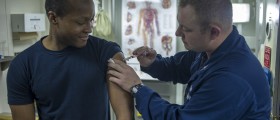

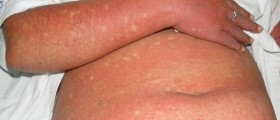




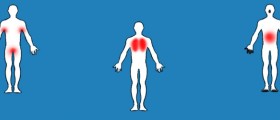

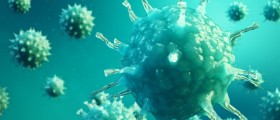

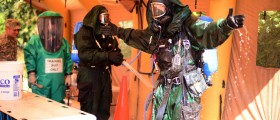



Your thoughts on this
Loading...